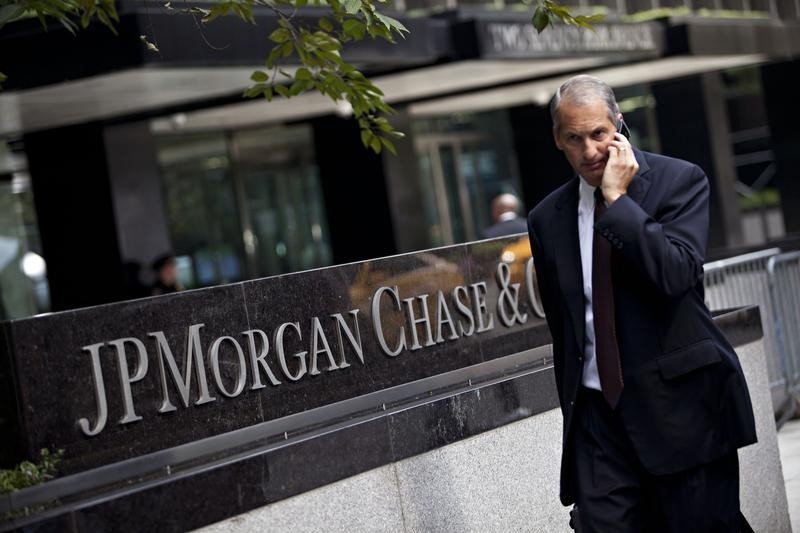This post was originally published on this site
https://i-invdn-com.investing.com/trkd-images/LYNXNPEH6027T_L.jpg
LONDON (Reuters) – European stock market listings hit their highest level for 14 years in the first half of 2021 as unprecedented monetary stimulus and pent-up demand for growth companies created fertile conditions for companies to go public.
But a number of pulled deals in recent weeks has cast doubt the willingness and ability of investors to continue to absorb such bumper levels of issuance.
Led by tech companies, European initial public offerings (IPO) hit their highest level for a first half of the year since before the financial crisis, with companies raising $43.2 billion through listings, according to Refinitiv data.
The figure has skyrocketed from $5.4 billion last year and $8.7 billion in 2019, pre-pandemic.
Overall stock market fundraising in Europe, which includes secondary share issues via rights issues and overnight block trades, hit $143.05 billion, the highest on record.
“The first quarter of the year saw sublime market conditions for IPOs,” said James Fleming, co-head of global equity capital markets at Citi, a sentiment echoed by other bankers in similar roles across the street, with some saying they had never seen better conditions.
“We didn’t expect IPOs would come back quite so strongly – it was a massive pivot into growth stocks from investors. We have had a lot of issuance but investors remain engaged,” said Rob Leach, head of equity capital markets for Jefferies (NYSE:JEF) in Europe, Middle East and Africa.
Unprecedented monetary support from central banks around the world, led by the U.S. Federal Reserve, pushed world stocks to record highs and encouraged more risk-taking by investors.
A global economy battered by the fallout of the COVID-19 crisis meant that much of this was directed towards growth investments such as tech stocks.
Companies such as Polish logistics firm InPost, German online car retailer Auto1 and classic British boot brand Dr Martens issued into this flying market.
Vodafone (NASDAQ:VOD)’s towers unit Vantage Towers raised 2.3 billion euros ($2.7 billion) in the largest German deal since 2018, Britain’s Deliveroo raised 1.5 billion pounds ($2.1 billion) and Acciona Energia raised 1.5 billion euros in the biggest Spanish IPO since 2015.
Graphic: European IPO market roars back into life – https://graphics.reuters.com/EUROPE-IPOS/yzdvxlxrmvx/chart.png
Graphic: European stock market fundraising hits record high – https://graphics.reuters.com/EUROPE-IPOS/dgkvlrlxyvb/chart.png
For interactive version of these charts, click here: https://tmsnrt.rs/2UVsAsC , https://tmsnrt.rs/3qFTlgA
SCALE MATTERS
Speculation that policymakers could pull back some of that support due to progress in vaccination drives took the edge off the market as the year progressed.
Meal delivery app Deliveroo priced its London IPO at the top of the range, for a valuation of 7.6 billion pounds ($10.53 billion) at the end of March, and saw its shares plummet 30% on debut, a record first day drop.
Since then the IPO market has been active, but choosy.
“IPOs have to be prepared thoughtfully and it will remain selective, which is exactly how it should be,” said Leach of Jefferies. “You should as far as possible de-risk the entire process, address investor concerns and explore valuation. If that process is handled correctly, there should not be any bad surprises,” he said.
There were a few such bad surprises in May and June, with the likes of Primafrio, PHE, Marex Spectron, Nordgold and Huvepharma pulling IPO attempts and others such as Alphawave and Made.com trading down in the aftermarket.
Bankers on some of those deals said size was an issue for investors; if the company was not big enough to reach the big indexes, there was a significant drop in interest.
“Scale is a factor investors focus on in very busy markets and inclusion into (indexes such as) the FTSE 250 will help liquidity and demand at the outset,” said Barry Meyers, Head of UK and Ireland Equity Capital Markets at JPMorgan (NYSE:JPM).
“Naturally there are some signs of investor fatigue now given the record issuance we have seen, but the fundamental issuance drivers remain intact,” he added.
Even larger companies are having to manage expectations, with the much-anticipated IPO of the renewable unit of Spain’s Acciona pricing at the bottom of an indicative price range, a level its chief executive said was “not optimal”.
But there is still a packed pipeline with bankers expecting roughly 30 IPO launches in the September/October window, insisting that liquidity is not an issue.
“For investors, the growth nexus remains very strong: we expect tech, healthcare, fintech and renewables to be well represented for the rest of the year,” said Fleming of Citi.
While the pickiness of investors is a tricky path for issuers to manage, the question of central bank policy will hang over the market, with both the Fed and the European Central Bank expected to resume the “tapering” discussion in September.
Participants could come back to a very different market after the summer.
($1 = 0.8436 euros; $1 = 0.7260 pounds)

